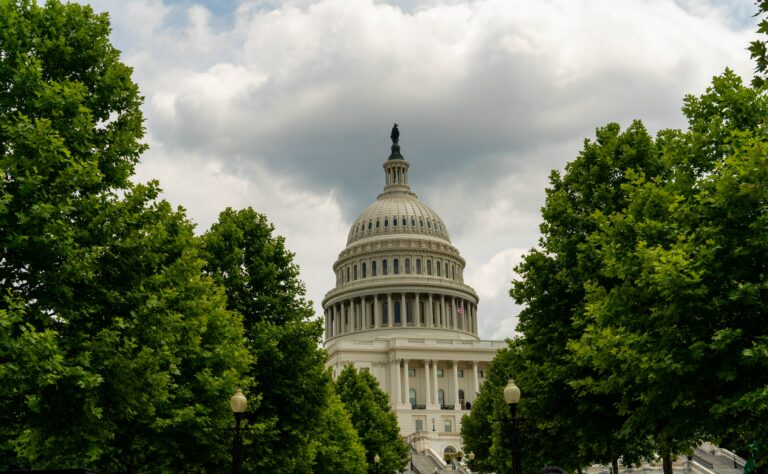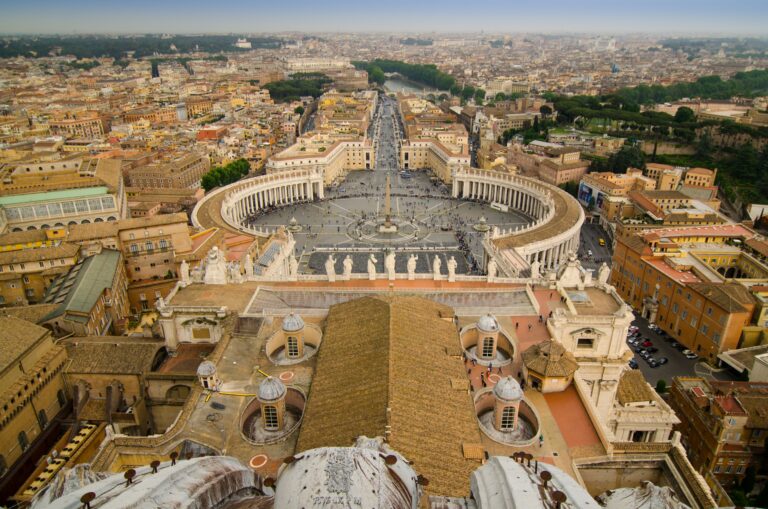
Make a New Year’s Resolution to Do Your Estate Planning in 2024
Creating or reviewing an estate plan is something that many people know they should do but often put off. It’s natural to say things like: “I’ll take care of it later,” or “I don’t have enough money to have an estate plan.” However, life and circumstances happen that may be out of your control. Every adult needs to have an estate plan, regardless of how large or small their estate is. The new year is a great time to make a resolution to create or review your estate plan, explains ElderLawAnswers in a recent article, “New Year’s Resolution: Get That Estate Plan Donee.” No one knows what the future holds, yet legally documenting your wishes ensures that your plan decides what happens to you, your loved ones and your assets. Start off 2024 right by working with an estate planning law firm to secure your present and future.
How Do You Create an Estate Plan?
Estate planning provides many benefits to individuals and their families. One of these is relieving stress and uncertainty during a difficult time by providing a clear guide for what you want to happen in the event of your incapacity or death.
Estate planning starts with working with an estate lawyer who guides an individual or family in making a last will and testament and critical documents, including a Power of Attorney, trusts and medical directives based on individual goals and circumstances. Creating an estate plan allows a family to protect investments and other assets during disability or illness and ensure the distribution of property after death. At the same time, an estate plan can help ensure that taxes and probate are minimized or avoided.
What Is a Last Will and Testament?
A last will is a legal document addressing property, assets, debts and investments and their distribution after the owner’s death. The executor is the individual who helps settle the estate with creditors and heirs. If there is no will, your state’s laws will determine how the estate will be distributed. A will is also used to name a guardian for minor children if both parents pass away. Therefore, every young family should have a will. Without a will naming a guardian, the court will make decisions about the children’s guardian, possibly appointing a person the parents might not have chosen.
What Information Do I Need for My Estate Plan?
Proof of Identity
Your executor will need information, including a valid birth certificate, Social Security card, marriage or divorce certificates, a prenuptial agreement, or military service discharge papers.
Digital Asset Information
With so much of our lives lived online, everyone needs a digital vault, an integrated password manager, or some system for managing digital assets. Without this, your traditional and digital assets are vulnerable to identity theft and fraud.
Property Deeds and Titles
You have titles for cars, homes, or real estate property. They must be gathered and kept in a safe place, and then one or two highly trusted individuals must be told where these documents are located.
Debts
Debts do not disappear when you die. Your executor will need to know what debts exist because they must address them. Compile a list of your debts, including mortgages, auto loans, credit cards, personal loans and student loans. Add contact information for the lender, account number, login information and approximate amount of the debt. If you have credit cards you rarely use, include those so they can be closed out before identity theft occurs.
Assets with Named Beneficiary Designations
Retirement accounts and life insurance policies that have named beneficiary designations can be transferred directly to beneficiaries. However, this does not happen automatically. Your executor will need to provide beneficiaries with the information for the assets, including the name of the insurance company or financial institution, the location of policies, account numbers and the value of the assets. The beneficiary may need to provide a death certificate and identification information before releasing the assets.
Financial Information
Create a detailed list of financial information, including bank accounts, car insurance, credit cards, health, home, and life insurance, pension plans, retirement plans and tax returns.
Funeral Wishes
If you want to save your family a lot of stress during a difficult time, outline what you want to happen. Do you want a cremation or embalming and burial? Should it be a full-on faith-based memorial service, or a few poems read at the graveside? Ensure that your wishes are communicated and shared with loved ones, so everyone knows what you want.
What If I Already have an Estate Plan?
Your estate plan is not a static legal document. As your life changes, so might your wishes regarding how your assets are distributed after your death. It’s common for relationships, financial circumstances and family dynamics to change over time. Each significant shift in your life may warrant a review and possible estate plan update. The start of a new year is a great time to review your existing estate plan and your current financial situation to ensure that you are meeting goals and communicating future expectations to your intended heirs.
Meet with an Estate Planning Attorney
Make an appointment with an estate planning attorney to put this information in the appropriate legal documents. They may have recommendations for options that you may not know about.









